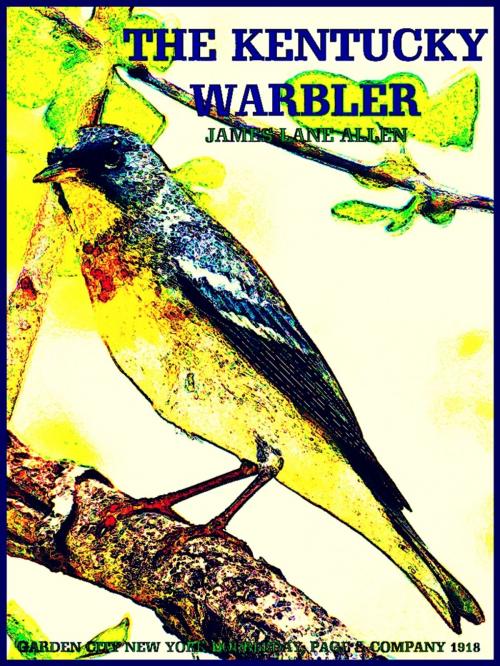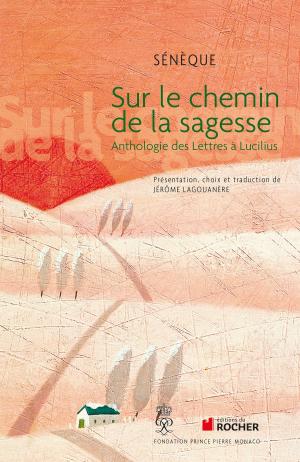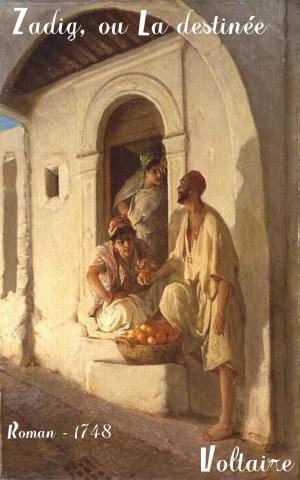| Author: | James Lane Allen | ISBN: | 1230000269620 |
| Publisher: | DOUBLEDAY, PAGE & COMPANY | Publication: | September 21, 2014 |
| Imprint: | Language: | English |
| Author: | James Lane Allen |
| ISBN: | 1230000269620 |
| Publisher: | DOUBLEDAY, PAGE & COMPANY |
| Publication: | September 21, 2014 |
| Imprint: | |
| Language: | English |
Example in this ebook
I
THE HOME
W initial ebster, along with thousands of other lusty forward-looking Kentucky children, went to the crowded public schools.
There every morning against his will but with the connivance of his parents he was made a prisoner, as it seemed to him, and for long hours held as such while many things disagreeable or unnecessary, some by one teacher and some by another, were forced into his head. Soon after they were forced in most of the things disappeared from the head. What became of them nobody knew: Webster didn't know and he didn't care. During the forcing-in process month by month and year by year he now and then picked up a pleasant idea for himself, some wonderful idea about great things on ahead in life or about the tempting world just outside school. He picked up such ideas with ease and eagerness and held on to them.
He lived in a small white-frame cottage which was rather new but already looked rather old. It stood in a small green yard, which was naturally very old but still looked young. The still-young yard and the already-ageing cottage were to be found—should anybody have tried to find them—on the rim of the city. If the architectural plan of the city had been mapped out as an open-air theatre, the cottage would have been a rear seat in the very last row at the very lowest price. The block was made up of such cottages—rear seats. They faced the city but couldn't see the city, couldn't see anything worth seeing, and might as well have looked in some other direction or not looked at all.
If Webster stepped out of the front door, he was within five yards of the outmost thoroughfare—native dirt-road for milk wagons, butchers' wagons, coal carts, and fruit-and-berry wagons. Webster's father kept an especial eye on the coal carts: they weighed heavily on his salary. Webster's mother kept her eye on the fruit-and-berry wagons: they tantalised her passion for preserves. Everybody kept uneasy eyes on milk and butchers' and vegetable wagons, which brought expensive satisfaction to appetites for three meals a day. The edges of the thoroughfare were paths for the cottagers, all of whom walked and were glad and grateful even to be able to walk. The visitors of the cottagers walked. Everybody walked but the drivers. The French would have called the street The Avenue of Soles.
One wet winter morning as Webster, walking beside his father, lifted his feet out of the mud and felt sorry about their shoes, he complained because there was no pavement.
"My son," replied his father, whose remarks on any subject appeared to come out of a clear sky, so unclouded were they by uncertainty, "my son, your father's salary is not a paved-sidewalk salary. The mud on your shoes is in an inverse ratio to the funds in his pockets. I believe you have learned in your arithmetic at school by this time what ratio is."
One dry summer morning as Webster walked beside his father, a butcher's wagon whirled past and covered them quickly with dust. He considered this injury to their best clothes and complained because there was no watering-cart.
"My son," replied his father out of his daily clear sky, "my salary is not a watering-cart salary. The presence of the earth's dust in your eyes exactly equals the lack of gold-dust in your father's earthly account. I believe by this time you have studied equations."
But if Webster had stepped out of the back door of the cottage and passed under the clothes-line which was held up at its middle point by a forked pole, if he had crossed their very small vegetable garden and then had crossed a wide deep cow-lot where some rich man of the city pastured his fat milk cows, he would have been on the edge of the country. It was possible for one standing on the rear porch to see all summer thick, softly waving woods.
To be continue in this ebook................................................................................................................
Example in this ebook
I
THE HOME
W initial ebster, along with thousands of other lusty forward-looking Kentucky children, went to the crowded public schools.
There every morning against his will but with the connivance of his parents he was made a prisoner, as it seemed to him, and for long hours held as such while many things disagreeable or unnecessary, some by one teacher and some by another, were forced into his head. Soon after they were forced in most of the things disappeared from the head. What became of them nobody knew: Webster didn't know and he didn't care. During the forcing-in process month by month and year by year he now and then picked up a pleasant idea for himself, some wonderful idea about great things on ahead in life or about the tempting world just outside school. He picked up such ideas with ease and eagerness and held on to them.
He lived in a small white-frame cottage which was rather new but already looked rather old. It stood in a small green yard, which was naturally very old but still looked young. The still-young yard and the already-ageing cottage were to be found—should anybody have tried to find them—on the rim of the city. If the architectural plan of the city had been mapped out as an open-air theatre, the cottage would have been a rear seat in the very last row at the very lowest price. The block was made up of such cottages—rear seats. They faced the city but couldn't see the city, couldn't see anything worth seeing, and might as well have looked in some other direction or not looked at all.
If Webster stepped out of the front door, he was within five yards of the outmost thoroughfare—native dirt-road for milk wagons, butchers' wagons, coal carts, and fruit-and-berry wagons. Webster's father kept an especial eye on the coal carts: they weighed heavily on his salary. Webster's mother kept her eye on the fruit-and-berry wagons: they tantalised her passion for preserves. Everybody kept uneasy eyes on milk and butchers' and vegetable wagons, which brought expensive satisfaction to appetites for three meals a day. The edges of the thoroughfare were paths for the cottagers, all of whom walked and were glad and grateful even to be able to walk. The visitors of the cottagers walked. Everybody walked but the drivers. The French would have called the street The Avenue of Soles.
One wet winter morning as Webster, walking beside his father, lifted his feet out of the mud and felt sorry about their shoes, he complained because there was no pavement.
"My son," replied his father, whose remarks on any subject appeared to come out of a clear sky, so unclouded were they by uncertainty, "my son, your father's salary is not a paved-sidewalk salary. The mud on your shoes is in an inverse ratio to the funds in his pockets. I believe you have learned in your arithmetic at school by this time what ratio is."
One dry summer morning as Webster walked beside his father, a butcher's wagon whirled past and covered them quickly with dust. He considered this injury to their best clothes and complained because there was no watering-cart.
"My son," replied his father out of his daily clear sky, "my salary is not a watering-cart salary. The presence of the earth's dust in your eyes exactly equals the lack of gold-dust in your father's earthly account. I believe by this time you have studied equations."
But if Webster had stepped out of the back door of the cottage and passed under the clothes-line which was held up at its middle point by a forked pole, if he had crossed their very small vegetable garden and then had crossed a wide deep cow-lot where some rich man of the city pastured his fat milk cows, he would have been on the edge of the country. It was possible for one standing on the rear porch to see all summer thick, softly waving woods.
To be continue in this ebook................................................................................................................















